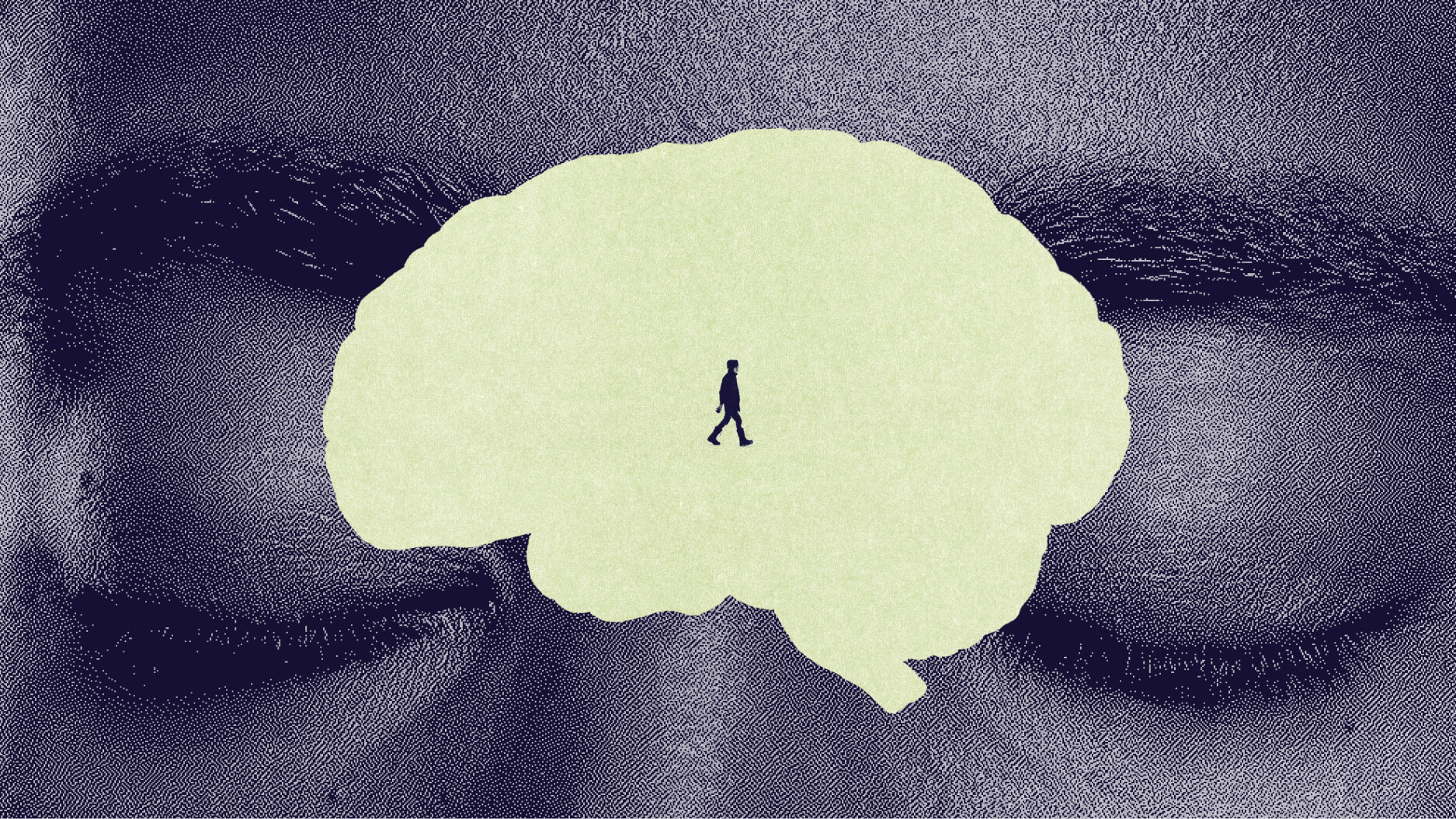Coffee and green tea may lower death risk for some adults

Credit: NIKOLAY OSMACHKO from Pexels
- A new study finds drinking large amounts of coffee and tea lowers the risk of death in some adults by nearly two thirds.
- This is the first study to suggest the known benefits of these drinks are additive.
- The findings are great, but only directly apply to certain people.
Coffee and tea are two of the most consumed beverages on the planet. Coffee is the second most traded commodity in the world. They are both enjoyed by billions of people for various reasons, and an increasing number of studies suggest they are good for you.
Recently, another study attesting to the health benefits of these drinks was published in Japan. A several-year review of the health and dietary habits of nearly 5,000 type 2 diabetics shows that those who drink more coffee and tea can enjoy a dramatically reduced death rate.
The study involved 4,923 type 2 diabetics living in Japan. The average participant was 66 years old. All of the participants were taken from the rolls of the Fukuoka Diabetes Registry, a study geared at learning about the effects of new treatments and lifestyle changes on the health of diabetics.
The participants filled out questionnaires concerning their health, diet, habits, and other factors. Among the questions were two focused on determining how much green tea or coffee, if any, the participants consumed over the course of a week. The health of the participants was recorded for five years. During this time, 309 of the test subjects died from a variety of causes.
Subjects who drank more than one cup of tea or coffee per day demonstrated lower odds of dying than those who had none. Those who consumed the most tea and coffee, more than four and two cups a day, respectively, enjoyed the most significant reductions in their risk of death. This level of consumption was associated with a 40 percent lower risk of death.
Most interestingly, the effects of drinking tea and coffee appear to combine to reduce risk even further. Those who reported drinking two or three cups of tea a day and two or more cups of coffee were 51 percent less likely to die during the study, while those who drank a whopping four or more cups of tea and two or more cups of coffee had a 63 percent lower risk of death.
Not quite.
The primary takeaway from this study is that Japanese adults with type 2 diabetes who drink a lot of green tea and/or coffee die less often than similar people who do not. If this effect is caused by something in the drink, lifestyle choices people who drink that much tea all make, or something else remains unknown. The finding must be considered an association at this point.
The eye-popping reductions in mortality rates are compared to the risk of death of others in the study. The people who died reported drinking less tea and coffee than those who lived. Unless you have several demographic and conditional similarities to the subjects of this study, you probably won’t suddenly be at a two-thirds lower risk of death than your peers because you drink green tea.
Like all studies that depend on self-reporting, it is also possible that people misstated how much they consumed any one item. The study also did not look into other factors like socioeconomic status or education level, also known to impact death rates and potentially linked to coffee and tea consumption.
However, it is yet another study in the pile that suggests that coffee and green tea are good for you. That much is increasingly agreed upon. This study also suggests the benefits are additive, which is a new development.
So, while it isn’t time to start the IV drip of green tea, a cup or two probably won’t hurt.





